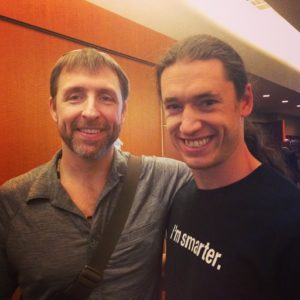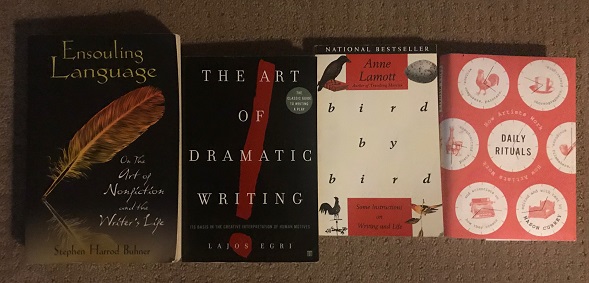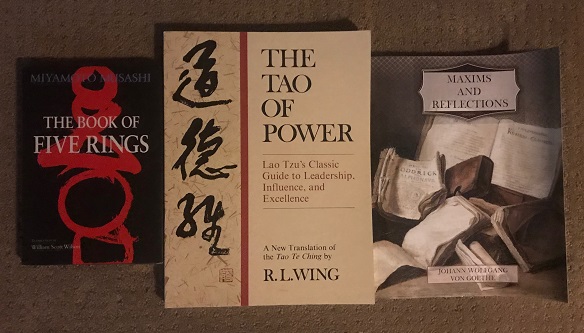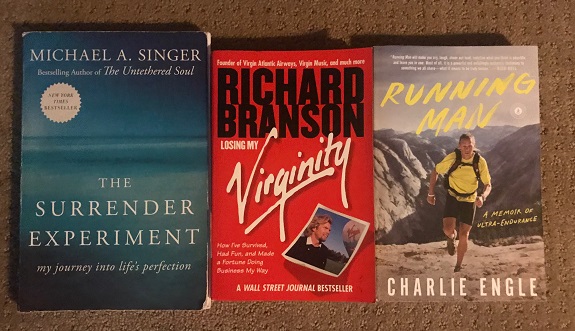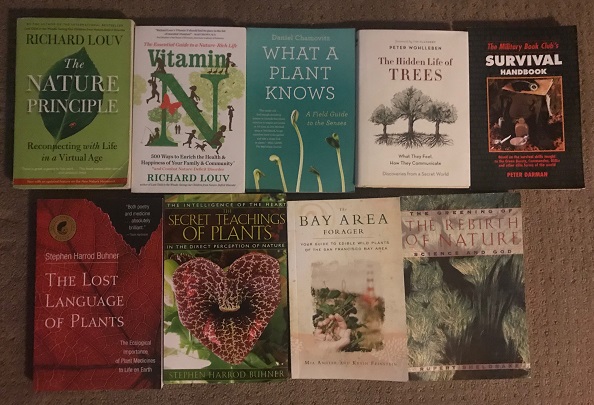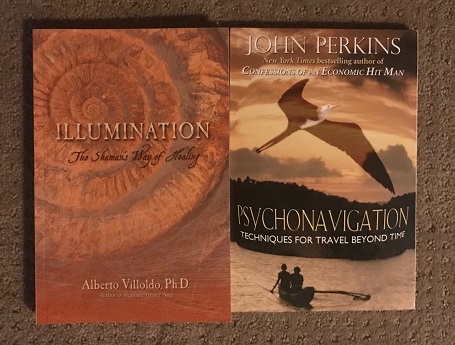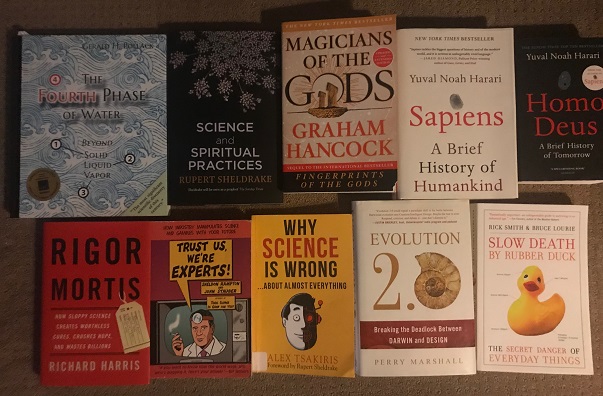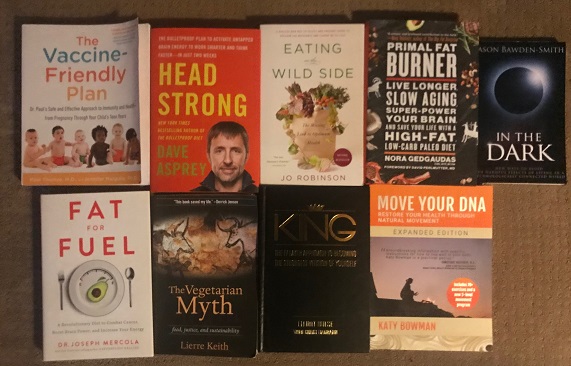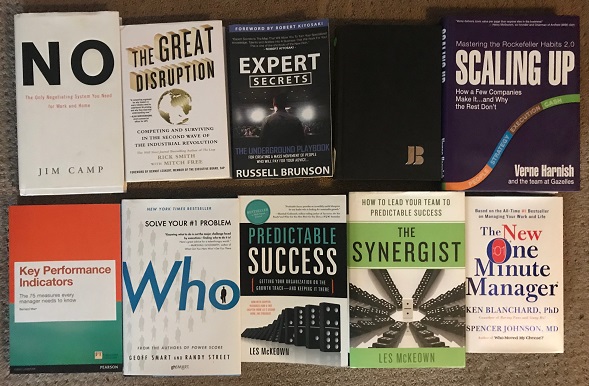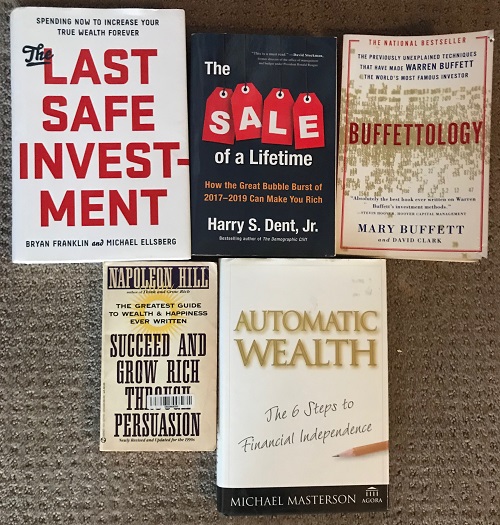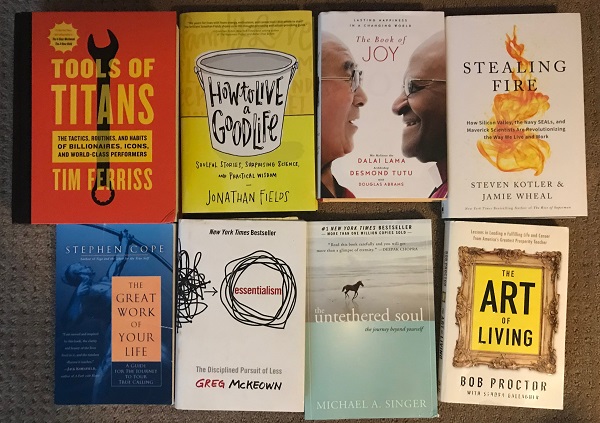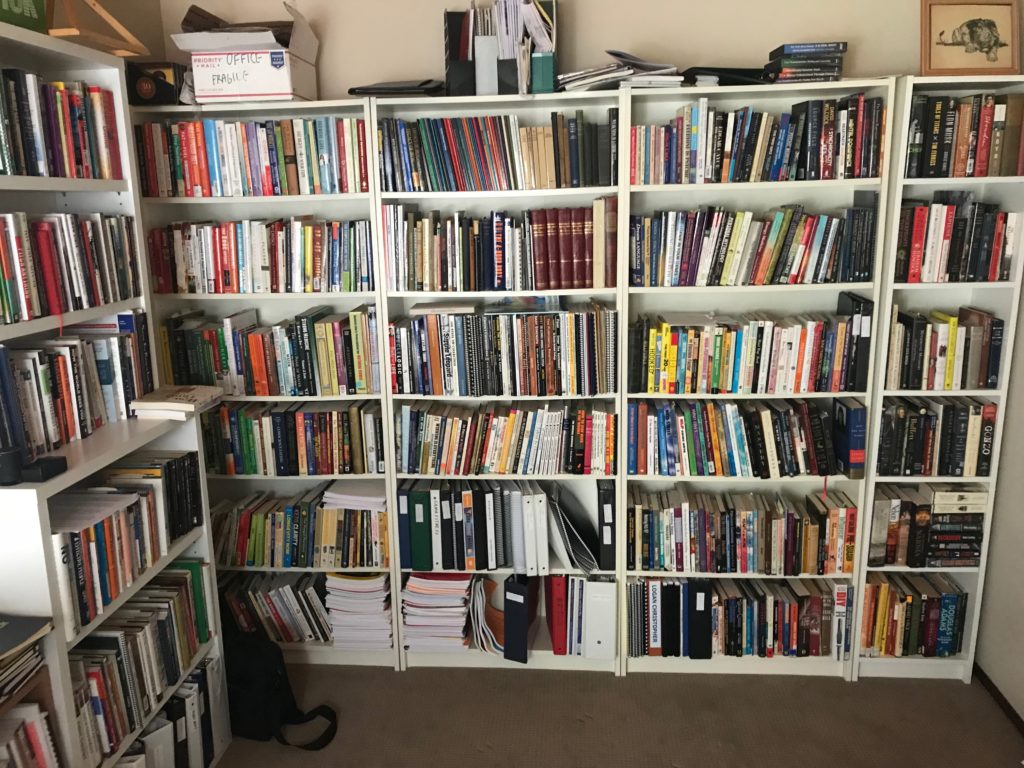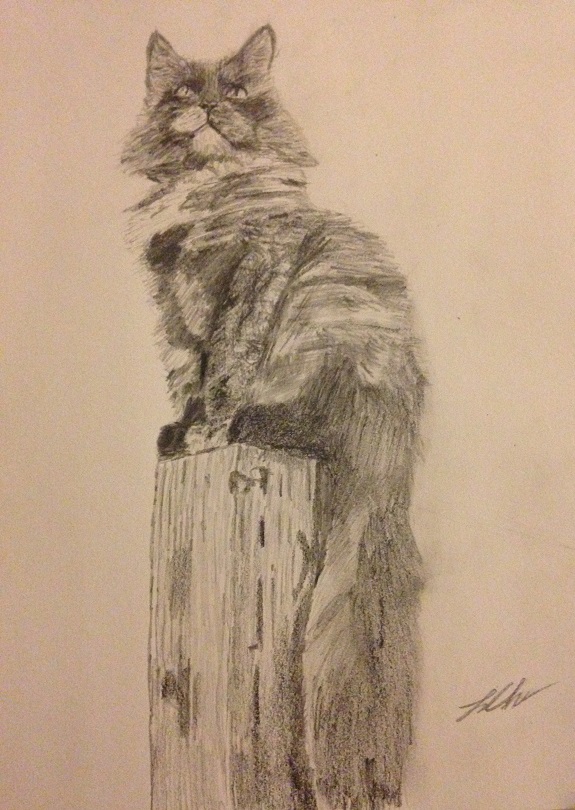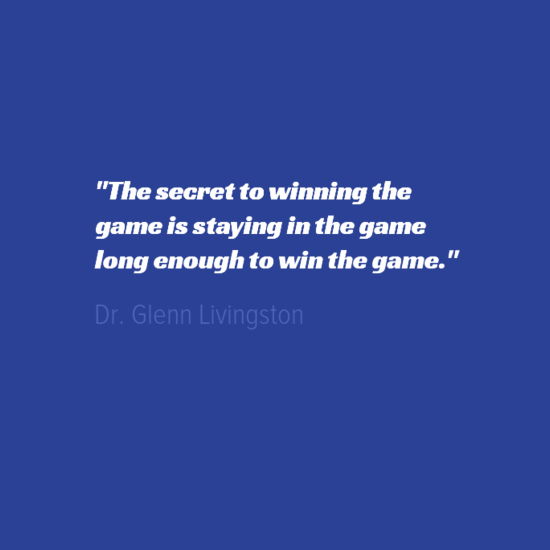When it comes to learning something, or building a habit, starting small and just being consistent with it is a great way to go.
Just the other day I read about someone building the habit of exercise by starting so small their first step was to just put out workout clothes…not even put them on. The latter was the second step.
That’s all well and good. Certainly, a time and a place for that.
Then there is also the Deep Dive.

This is a similar tool, but one on the opposite side of the spectrum. And one that has served me very well over time.
The Deep Dive is when you dive deeply into some subject, topic or practice. The deep dive could be a day, a weekend, a week, a month. Hell, it could even be a theme for a whole year. It takes many forms, so I’ll give you a few different examples.
As I discuss in The Money System that Never Fails, it was a deep dive in reading somewhere between 20 and 30 money books that things turned around for me financially, and I got off the constant struggle treadmill. Mind you, this wasn’t just study, but also involved building a Wealth Plan and starting with immediate action. Read a bit more about that story in the Introduction here.
Over the course of writing my upcoming book Powered By Nature I did a deep dive on various books about health, nature and connection to it. This was described in the posts about the 72 books I read last year.
Just recently, I signed up for Perry Marshall’s New Renaissance membership. He has a monthly newsletter of which the back copies are available. In the six weeks since I signed up I have read four years of this material. Why? Because the business (and life) wisdom is deep there. Not only that, but I just saw Perry at a one day event in San Francisco and will be attending a 3-day event of his in a couple months.
A weekend seminar or conference can certainly be a deep dive. I could count on probably one hundred pairs of hands how many of those I have attended as well as put on.
Back when I was conducting NLP trainings my partner and I would choose a specific topic, such as the Milton Model or Reframing or Sleight of Mouth. For the month or two leading up to that workshop it was reading and practicing, followed by teaching. Then onto the next topic. In this manner, especially because we had to teach it, our skills grew tremendously.
Thinking ahead there are some things I would like to do a deep dive on at some point.
So far, my piano practicing has been the little bits of practice here and there. It’s slowly moving me along. AND I know a deep dive could take me much further.
Ultimately, I think the combination of the tortoise and the hare approach, the small consistent practice and the deep dive, leads to the best results.
What area of your life could use a deep dive?

